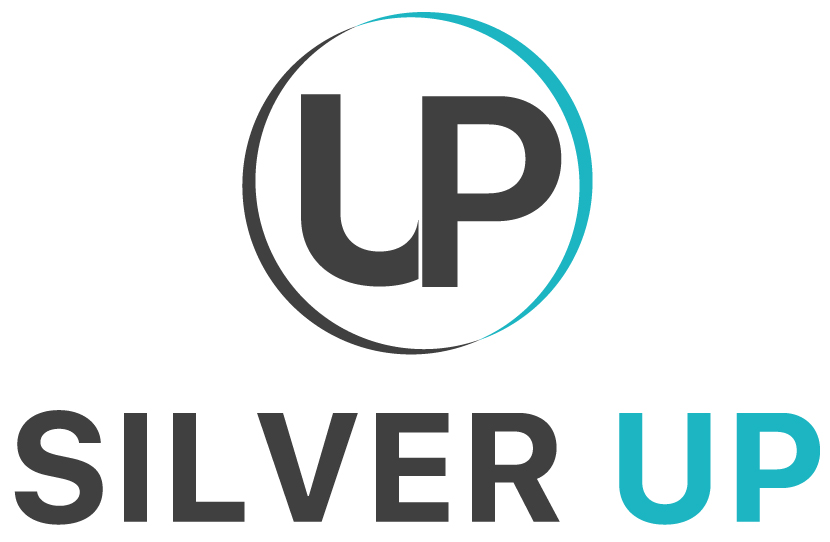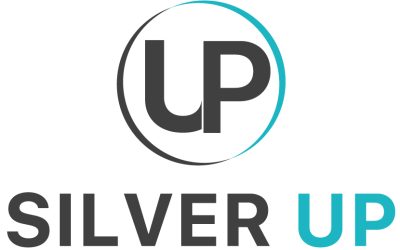Main ideas
- Mentoring, an indispensable part of entrepreneurship, helps the mentee to benefit from the experiences and knowledge of the mentor and contributes greatly to its success.
- Knowing the roles and responsibilities of a mentor and mentee helps both sides to have a fruitful and smooth mentoring relationship.
- Understanding the principles, dynamics, and strategies of relational skills in mentoring helps making better decisions, solving problems, and learning new skills.
- Effective communication skills provide an exchange of experience and perspective to gain personal insight and affect the success of the mentoring reciprocally.
- Knowing how to manage conflict can have many benefits both to mentor and mentee like valuing how diverse they are, the richness of their different viewpoints, background, and experience: then they can learn a great deal more from each other.
Aims of the course
Self-awareness is a key-competence in mentoring. A good mentor should have the ability to recognise and understand their own strengths and limits. This ability helps mentors guiding mentees gain awareness of their own self-worth and general capabilities.
Dimension 1 aims to:
- Provide the learner with essential knowledge about mentoring theories, including mentoring models.
- Provide information on the relevant characteristics that define a good mentor: developing capabilities, inspiring, providing corrective feedback, managing risks and opening doors.
- Emphasize the abilities expected from a mentee: acquiring mentors, active learning, initiative taking, follow through and managing the relationship.
- Lead learners into assessing and practising their own relational skills, as mentors and mentees: the ability to establish and maintain relationships, to foster a sense of belonging and trust, and to develop networking.
- Lead learners into assessing and practising their own communication skills: the ability to engage in active listening, to questioning effectively (inquisitiveness), to actively provide feedback, to give encouragement (reinforcement), and to reflect.
- Lead learners into assessing and practising their own resolution skills: to effectively manage conflicts and disagreements, and to negotiate (effective problem solving).
Course Features
- Lectures 25
- Quizzes 6
- Duration 50 hours
- Skill level All levels
- Language English
- Students 10
- Assessments Yes


